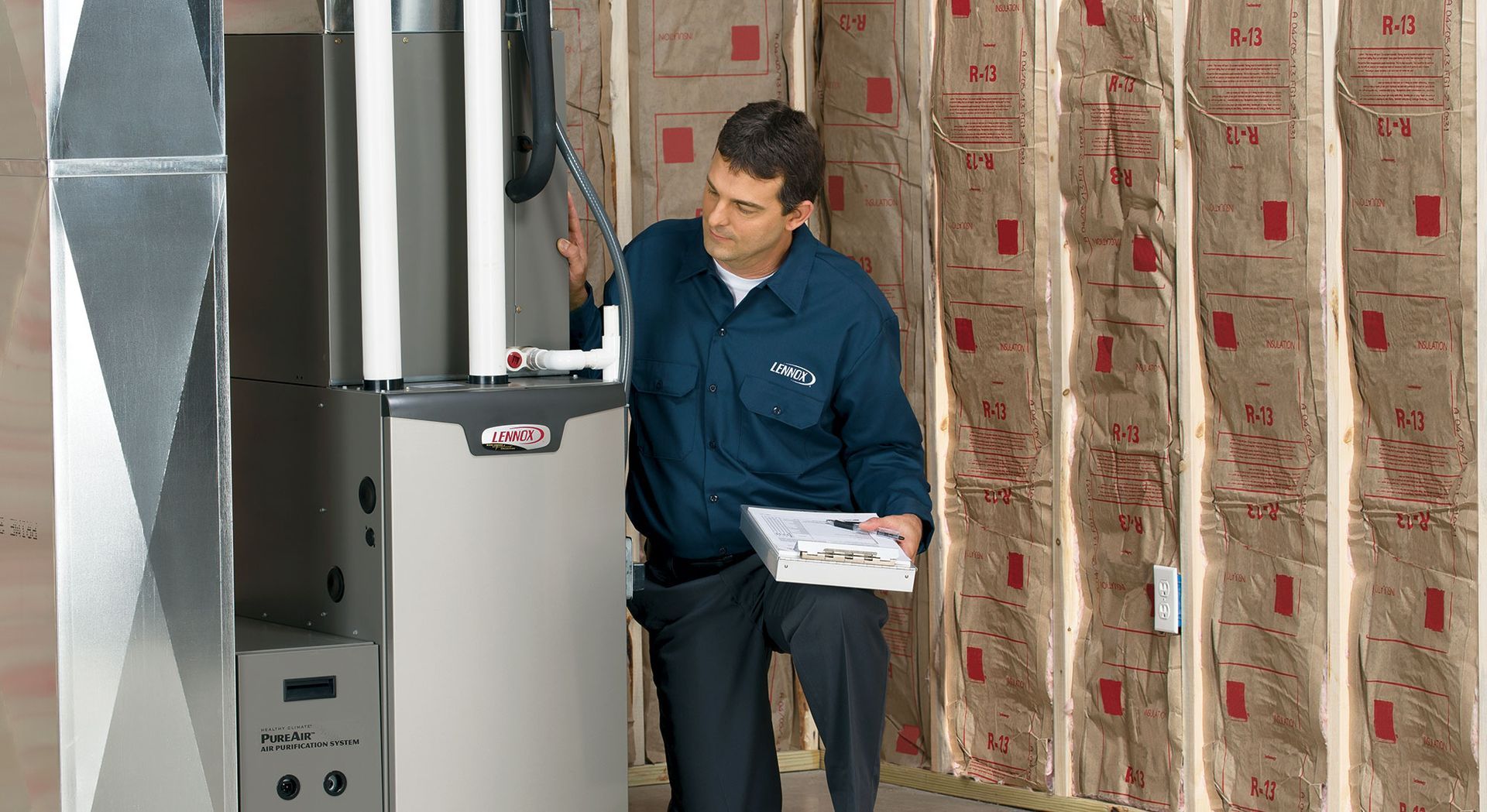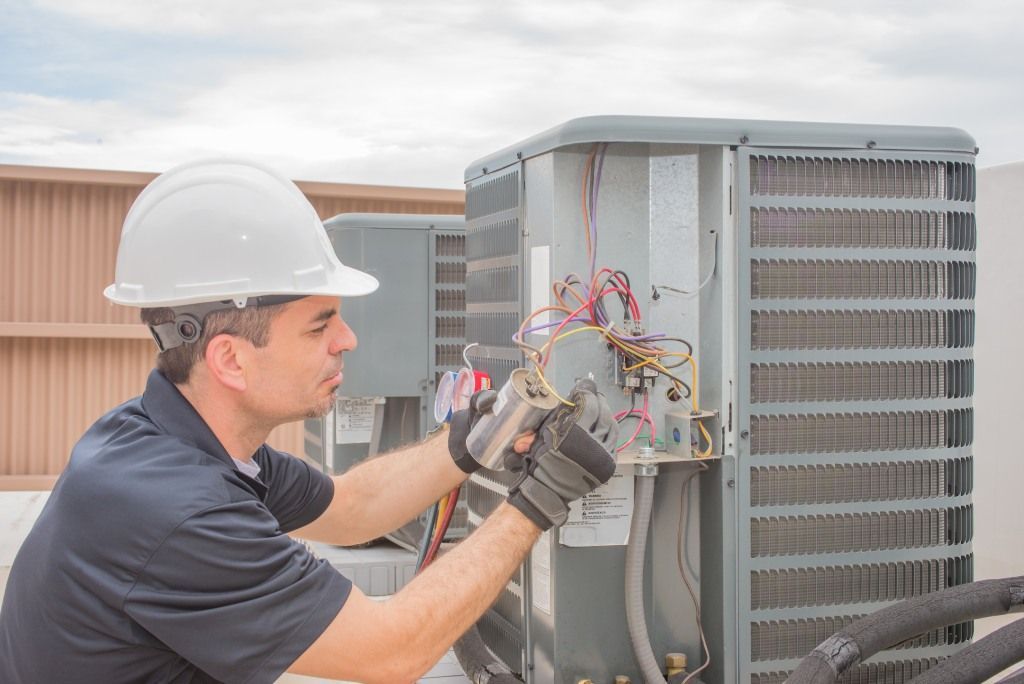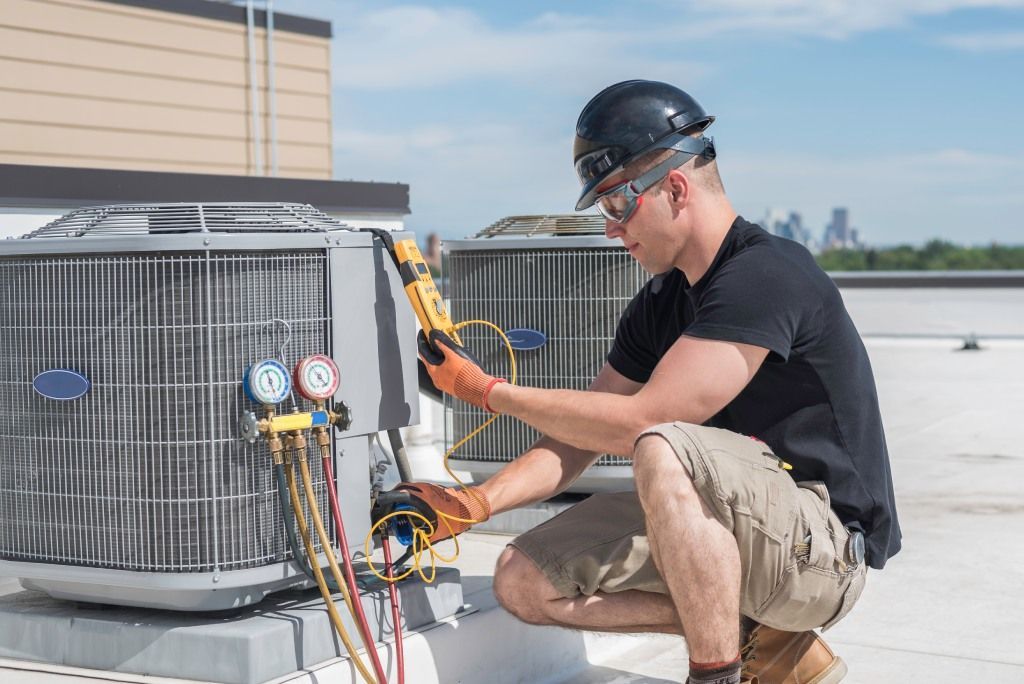Repairing vs Replacing Your Air Conditioning System
Lennox produces a variety of air conditioning systems that keep your home or business cool during the hottest seasons. Knowing whether they need to be replaced or repaired can be confusing for many property owners. The age of your air conditioning system is an important factor in making this decision. However, remember that recent technological advances and expenses also play a key part.
Your air conditioning unit requires regular maintenance in order to operate effectively. Newer Lennox air conditioners include options that filter the air removing allergens that can affect the health of your family. Changing these filters, cleaning out the ducts, and routine inspections often help to identify operating issues early on. Simple, cost-effective repairs can lengthen the life use of your Lennox air conditioning unit.
Improving HVAC Technologies
Technological improvements have allowed families and businesses to improve the air quality within their buildings and save money on utilities. Better construction methods combined with hi-tech options allow you to enjoy a more automated system. Lennox has executed an iHarmony zoning system that gives the option of controlling the temperature levels in each room. These smart options personalize the air conditioning system while increasing efficiency and comfort.
Sometimes it is hard to know whether you really need to replace your air conditioning unit or not. Most professionals ask the following questions in order to help customers understand their options:
- Do the repair costs exceed 50% of the cost of replacement?
- Does the problem create hazardous conditions?
- Are the parts readily available or discontinued?
- Is the unit older than 10 to 12 years?
Professional Installation
Replacing or repairing your air conditioning unit is not something you want to tackle without the experience or equipment necessary to handle it safely. Call Maxwell Heating & Cooling to discuss your concerns and we will work closely with you to help reach a solution that is within your budget. Whether you need repairs on an older system or need to install a new Lennox unit, we will go over all your options in depth in order to meet your needs.
The post How to Know When to Repair or Replace Your Air Conditioning System appeared first on Maxwell Heating & Cooling.




